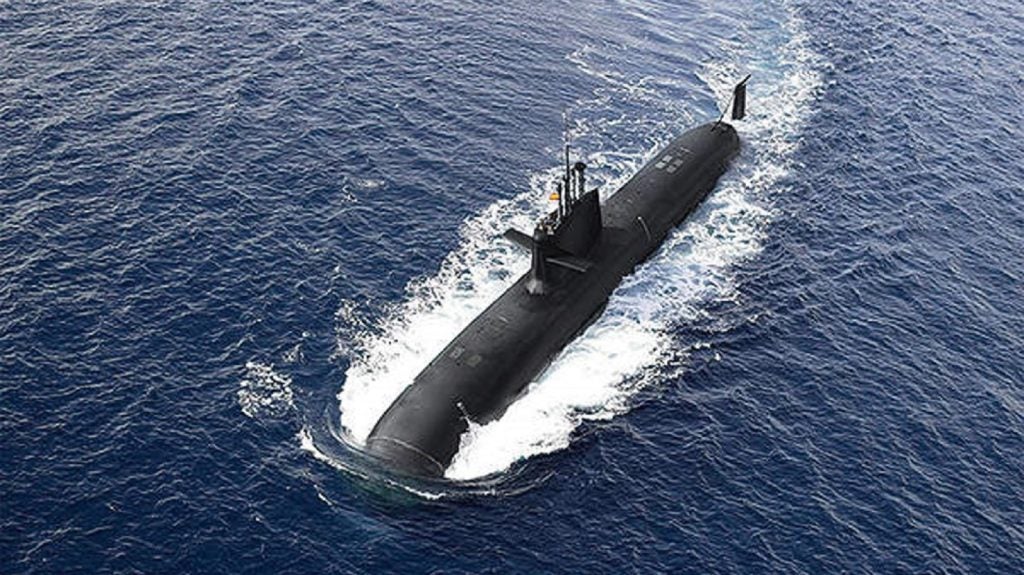Larsen & Toubro (L&T), an Indian construction conglomerate, signed a teaming agreement with Navantia, a state-owned Spanish maritime tech company, on 10 July 2023 to submit a joint bid for Project 75 (P75): the Indian Navy’s next-generation, air-independent propulsion (AIP) submarine programme.
Mr S. Subrahmanyan, L&T CEO and Mr Alvarez Blanco, Navantia’s Naval Construction Vice President signed the teaming agreement. The Spanish Embassy in new Delhi held the event.
P75 requires the Indian bidder to tie up with a foreign collaborator and execute the programme for delivery of six conventional submarines equipped with AIP, while achieving targeted indigenous content.
Valued at over €4.8bn ($5.27bn), the project is India‘s largest defence acquisition project. P75 will be the first programme to be processed under the ambitious Strategic Partnership model of acquisition of the Ministry of Defence.
L&T and Navantia signed an memorandum of understanding for the programme on 11 April 2023 in Madrid, which has culminated in the teaming agreement.
Navantia would design the submarines, based on its S80-class of submarines; the first of which was launched in 2021 and is undergoing sea trials prior to its delivery to Spanish Navy at the end of 2023. The Spanish company is already a proven supplier of India’s growing naval industrial base, having been involved in the Scorpene submarines (Kalvari-class) built in India including handholding of the Indian yard.
The six P75 submarines will replace the Indian Navy’s 11 diesel-electric powered submarines, procured between 1986 and 2000, according to GlobalData intelligence in the India Defence Market, 2023-2028.
Future AIP submarines
The Indian-Spanish project proposal will use Navantia’s third-generation AIP, which is compact, easy to exploit and maintain and environmentally friendly.
The system uses bioethanol as a source of hydrogen, which is known to be cost efficient, available, and does not call for any special infrastructure. The high density of hydrogen in ethanol improves the AIP system’s efficiency. Ethanol, being in liquid form, eliminates the risks associated with storing hydrogen. In addition, the availability of ethanol allows for the system to be refueled anywhere in the world.
The environmental and sourcing implications is the central criteria for the Indian initiative.
Subrahmanyan stated, “Navantia’s glorious 300-year-old track record in naval construction & technical expertise gives us a competitive advantage in this programme and offer the Bio-Ethanol Stealth Technology and environmentally green AIP solution. We are committed to providing the most contemporary solution for Indian Navy’s requirements at a competitive price.”
Competing proposals
A German company, Thyssenkrupp Marine Systems, is also in the running alongside its Indian partner, Mazagon Dock Shipbuilders, to come up with an AIP solution for India’s new forthcoming diesel-electric powered submarines.
The duo recently signed a memorandum of understanding on 7 June, in which they agreed Thyssenkrupp would be responsible for engineering, design and consultancy support while Mazagon would construct and deliver the vessels.
Notably, Thyssenkrupp has built and delivered vessels for the Indian Navy in the past. Four HDW-class submarines were built in the 1980’s, just some of the enduring fleet that P75 will replace, have already proven to be successful.









